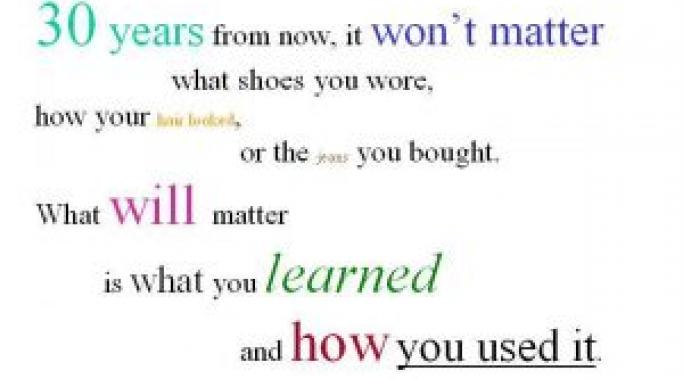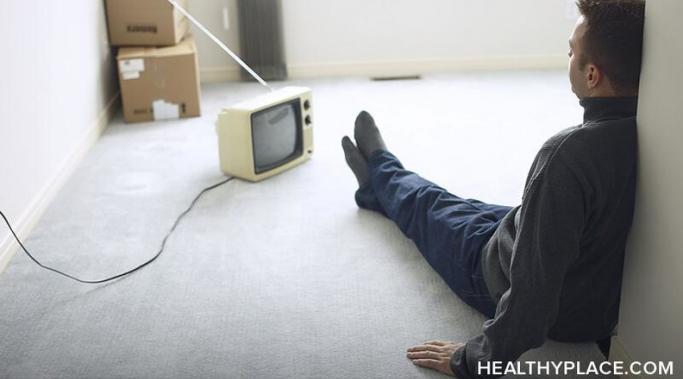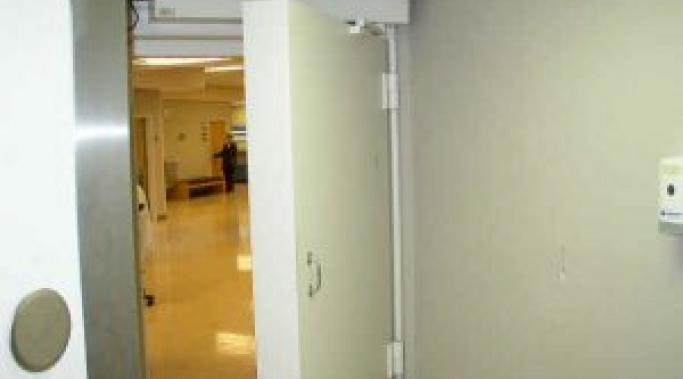Blogs
I would like to express that the number of patients with Schizophrenia who become violent is less than widely perceived by the general public. Having said this, there are nevertheless a minority of schizophrenia patients who have an elevated probability of becoming violent when their illness is not under control. It is important to identify why this minority of people are at risk for such behavior, and give them the proper treatment and tools necessary to better themselves and prevent a potential catastrophe.
Anxiety feeds evasiveness, meaning anxiety has a way of shooting down the point to everything you want to do. We may want to do something but anxiety makes us see everything as an uncomfortable activity. In our imagination, it seems unpleasant, unenjoyable. We think and we say that we don't want to go. Anxiety makes us feel like there is no point. No point to trying because it is too uncomfortable, or no point because we won't succeed anyway.
The recent shooting in Aurora, Colorado, raises several questions. Among them is "Was mental illness a factor?" It appears that the answer is yes. This leads to the question "Should a person with a severe mental illness have firearm rights?"
We know what happened, but not why. We mourn the victims, hug our loved ones to us, and will think twice before walking into a movie theatre for awhile.
The Batman massacre in Aurora, Colorado. Unspeakable violence. Haunting pictures of a grieving father, a critically injured mother who cannot yet be told that her 6-year-old child is one of the victims - and a young, academically-gifted young man now sporting fire-engine-red hair and a (let's just say it) really creepy smile.
And again, the questions:
How could this have happened?
What could have led up to this horrible, terrifying, unspeakable act?
And - as we ask each time this happens - Could it have been prevented? Why did no one see the signs?
And, for me, the gratitude that my own son's mental illness is diagnosed, treated, and no longer defines all of his actions.
The War on Drugs is a multi-billion dollar industry, if you take into account law enforcement and drug prevention/treatment. I’m sure we can all agree that it is a major problem in the US, not to mention worldwide. Substance abuse affects every sector of our society. In addition to the War, mentioned above, there are untold billions spent on healthcare costs as well as workforce-related addiction problems.
The last post talked about why losing control of your emotions helps your abusive partner gain control of you. Trust me, I know how challenging it is to keep your composure when the verbal abuser is pushing your buttons! I've lost control of myself more times than I want to count. I've suffered shame after evaluating my reactions to abuse.
Our goal as targets of verbal abuse is to keep our emotions under our control which leads to a clear mind and conscience. There are ways to bring yourself down to earth and respect your emotions without losing respect for yourself. Living with abuse emotionally challenges you, but it doesn’t have to overcome you.
Recently a commenter talked about how she felt taken advantage of by a loved one who had schizoaffective disorder. This particular individual seemed to take a lot from his family and gave nothing in return. He refused to shower, help out around the house, pay for anything and would eat out at restaurants with no money and then insist his family come down to the restaurant and pay for him.
The person with schizoaffective disorder was being medically treated and the loved one felt that he was just manipulating the people around him.
Now, I can’t say what the motivation was in this scenario, but certainly, this commenter is not the only one to have found herself in that situation. So the question is, is mental illness an excuse for bad behaviour?
Living with a mental illness isolates us because it can make us feel as if we don't measure up to other people. To people we do not know but wish to know. Or to people we know well. Mental illness can create an isolating and lonely life, void of friendship, of meaningful relationships.
Although it may at times be difficult to find, there is psychiatric help out there. However, in order to access that help, you need to make that first step through the door. Not surprisingly, it turns out that the first step is one of the most difficult ones to make.
You, the target of verbal abuse, have one mission in your efforts to end verbal abuse: keep your emotions in check. Your verbal abuser subscribes to the opposite mission. Your abuser wants you to lose emotional control because when that happens, you've lost control of you. When you lose control of you, your abuser snatches control of the conversation and you.









